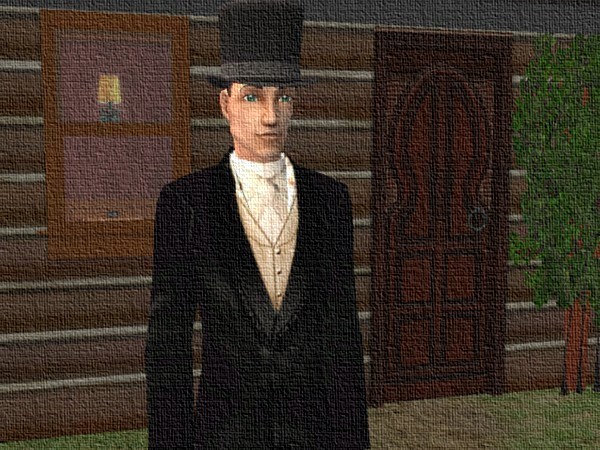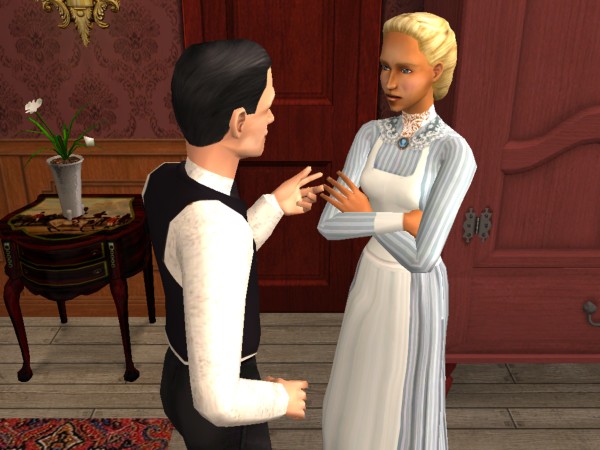Many years ago, before the advent of the automobile or the television, there lived a gentleman by the name of Harry Brayton. The Braytons were the most prominent family in the town of Hurst Hollow, and Harry was the youngest of the family’s five sons. Quiet and thoughtful as a child, he was deemed “simple” by his father, who as the town physician “knew” about such things. The rest of the family largely ignored Harry. He watched as his brothers followed in their father’s footsteps to become respectable physicians, not even allowing Harry to lean over their shoulders as they studied their medical books. It was generally accepted by everyone in town that Harry would come to nothing.
But Harry wouldn’t have that. He didn’t feel like a simpleton, so why did they label him as such? Was it because he made up his own rules during chess games? Was it because of his kindness to animals? His mother was always angry at him for bringing home stray dogs that had wandered into town. He couldn’t quite put a finger on it. Determined to make something of himself, he started sneaking into his father’s library late at night and borrowing his medical books. By the light of one flickering candle (all of the good lighting was out in the parlor, and he didn’t want to risk getting caught), Harry would read, soaking up all the medical knowledge he could. If his father wouldn’t take him on as an assistant, then perhaps someone else would.
Before Harry could test his theory, his father died, keeling over unexpectedly after dinner one evening. While the brothers took care of their father’s affairs, Harry took care of his mother, who had taken to staying in bed and sobbing at all hours. Harry was kind and patient with her, but she barely took notice of him except to order him around. One day when Harry accidentally gave her lukewarm tea instead of hot, she threw a fit and told him she never wanted to see him again. With the words “worthless good-for-nothing!” ringing in his head, Harry took his pittance of an inheritance and left town.

Harry traveled by train through rolling hills and farmland until he happened upon the charming village of May Green. It was very green, indeed, and so enchanting that he decided to settle there. He purchased a piece of land on the edge of town, not far from the Sakima River, and founded a homestead he called Brayton Hill. After buying the property, he had little money left for a house, but he managed to build a small cabin and furnish it with everything he would need to start his new life.
Continue reading →

